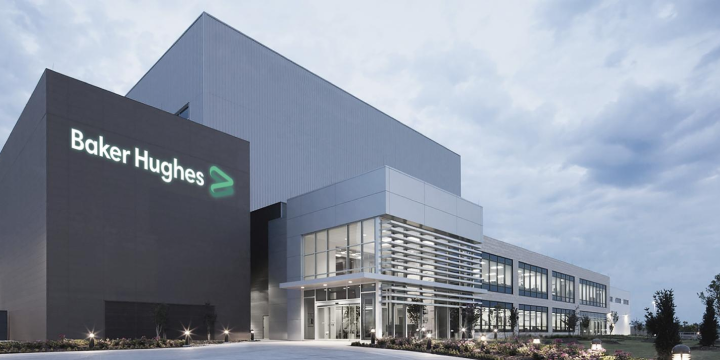CUPERTINO, CA – A new study concluded that more than 2 million metric tons (MT) per year of CO2 can be removed from the atmosphere and injected safely into the earth at two ethanol plant sites in California. The study was commissioned by Aemetis, Inc., a renewable natural gas and renewable fuels company focused on below zero carbon intensity products.

The Carbon Capture & Sequestration (CCS) geologic formation review and drilling study was completed by Aemetis Carbon Capture, a subsidiary of Aemetis, and was conducted by Baker Hughes, a global energy services company with operations in 120 countries.
The Baker Hughes study estimated that 1.0 million MT per year of CO2 can be sequestered in the saline formations located deep underground at or near the Aemetis Keyes ethanol plant site. The study noted that up to 1.4 million MT per year of CO2 should be injectable at or near the Aemetis Riverbank site due to the favorable permeability of the saline formation and other factors.
“The conclusions from the initial Baker Hughes geologic formation and pre-drilling study confirm the feasibility of Aemetis plans to construct two CO2 injections wells at or near the Aemetis biofuels sites,” stated Brian Fojtasek of ATSI, the project manager for the Aemetis Carbon Capture construction phase. “We have completed Front End Loading engineering and are now working on the Front End Engineering Design (FEED) and permitting for the Aemetis CCS projects.”
Once complete, the Aemetis Carbon Capture CCS project is expected to capture and sequester more than 2 million MT of CO2 per year at the two Aemetis biofuels plant sites in Keyes and Riverbank, California. The amount of CO2 sequestered each year is expected to be equal to the emissions from 460,000 passenger cars each year.
“This latest study for Aemetis builds on our deep experience in providing storage site evaluation, well placement, underground formation review and drilling technology for CCS injection projects,” said Ajit Menon, energy transition leader for Oilfield Services at Baker Hughes. “This is another step in the development of CCS capacity, which will be a key part of the energy transition going forward.”
Each MT of CO2 is planned to generate approximately $200 per MT from the California Low Carbon Fuel Standard and $50 per MT of IRS 45Q tax credit. Legislation is pending in Congress to increase the federal tax credit to $80 per MT of CO2 and to provide billions of dollars of grants and loans to finance CCS projects in the U.S.
[contextly_sidebar id=”xP6QDKkDngmC1rbUgIhtg3HYvYuFJ8Db”]





